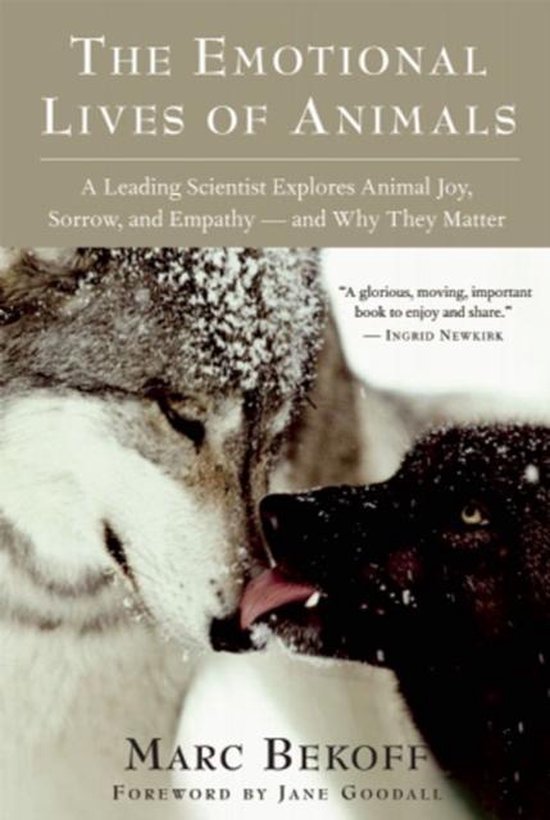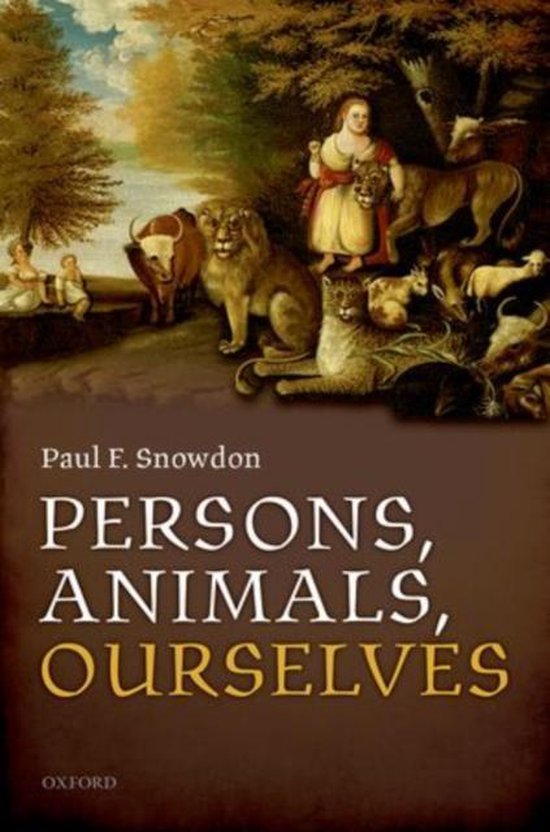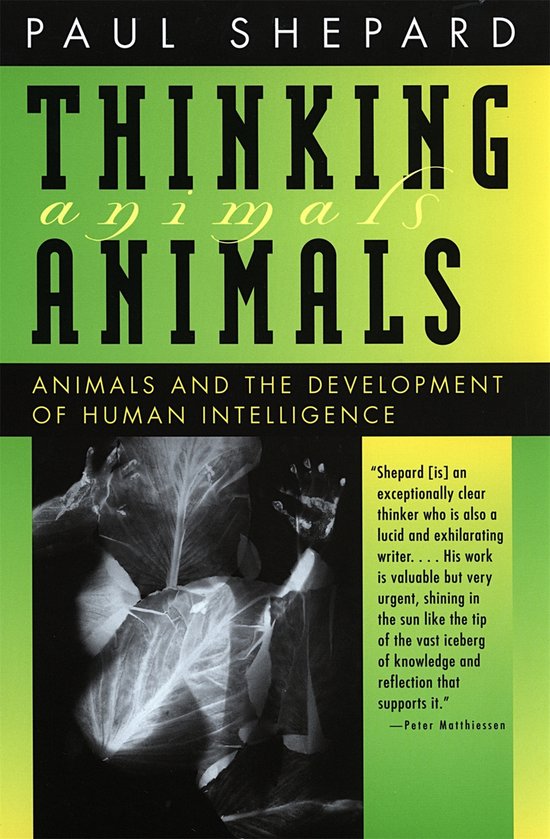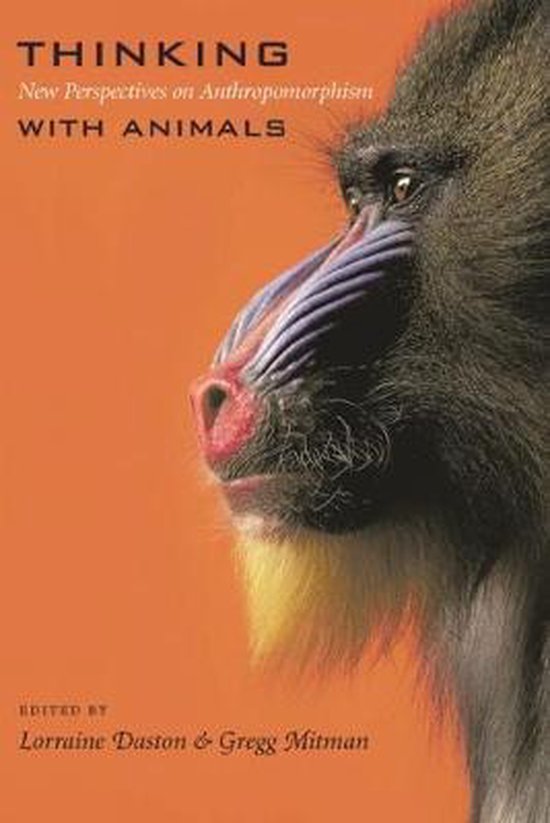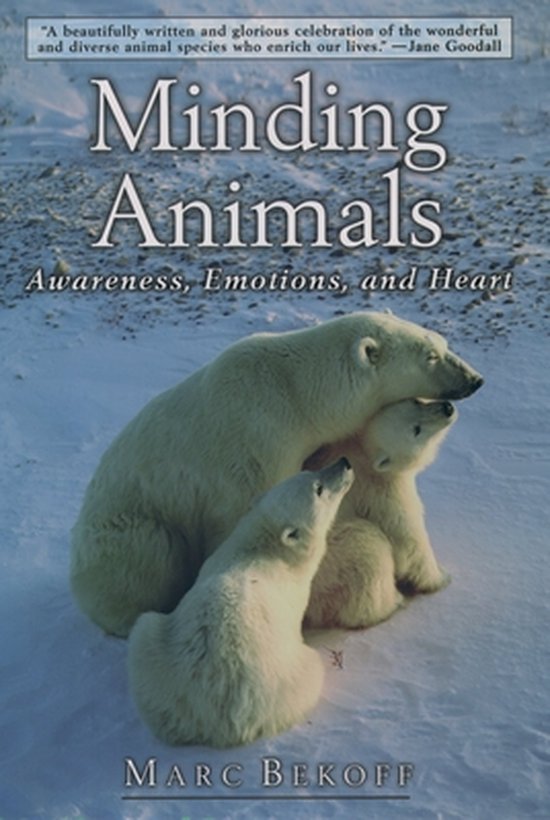
Minding Animals
Concerned not only with the study of animal behaviour, but also with the innumerable ways in which humans interact with and intrude into the lives of our animal kin. This is a comparative, evolutionary, and ecological work that does not centre on nonhuman primates of one specific group of animals.
Minding Animals is concerned not only with the study of animal behaviour, but also with the innumerable ways in which humans interact with and intrude into the lives of our animal kin. The phrase "minding animals" is used in two ways. First, "minding animals" refers to caring for other animal beings, respecting them for who they are, appreciating their own world views, and wondering what and how they are feeling and why. The second meaning refers to the fact that many animals have very active and thoughtful minds. Throughout, the animals' point of view is stressed, based on the author's more than three decades of experience with a variety of animals. Minding Animals is a broad comparative, evolutionary, and ecological work that does not centre on nonhuman primates of one specific group of animals. After introducing himself in the field of ethology, the biological study of animal behaviour, Bekoff discusses behaviour patterns such as predatory behaviour, grooming and gossip, what animals know about what others know, self-medication, dreaming, sperm wars, and mate choice. The also discusses animal intelligence, emotions, and the evolution of social morality. The final chapters deal with the nature of human interactions with animals - how we use them for education, research, clothing, and food, and how we "redecorate" nature by moving animals from one place to another. Bekoff argues that we need more socially responsible and compassionate science to make progress solving the problems that we have created. He concludes that love is the answer and that we must connect with and love other animals, other humans, and all environments if we are to continue to live in harmony on this wondrous and interconnected planet.
Minding Animals is concerned not only with the study of animal behaviour, but also with the innumerable ways in which humans interact with and intrude into the lives of our animal kin. The phrase "minding animals" is used in two ways. First, "minding animals" refers to caring for other animal beings, respecting them for who they are, appreciating their own world views, and wondering what and how they are feeling and why. The second meaning refers to the fact that many animals have very active and thoughtful minds. Throughout, the animals' point of view is stressed, based on the author's more than three decades of experience with a variety of animals. Minding Animals is a broad comparative, evolutionary, and ecological work that does not centre on nonhuman primates of one specific group of animals. After introducing himself in the field of ethology, the biological study of animal behaviour, Bekoff discusses behaviour patterns such as predatory behaviour, grooming and gossip, what animals know about what others know, self-medication, dreaming, sperm wars, and mate choice. The also discusses animal intelligence, emotions, and the evolution of social morality. The final chapters deal with the nature of human interactions with animals - how we use them for education, research, clothing, and food, and how we "redecorate" nature by moving animals from one place to another. Bekoff argues that we need more socially responsible and compassionate science to make progress solving the problems that we have created. He concludes that love is the answer and that we must connect with and love other animals, other humans, and all environments if we are to continue to live in harmony on this wondrous and interconnected planet.
| Auteur | | Marc Bekoff |
| Taal | | Engels |
| Type | | Hardcover |
| Categorie | | Wetenschap & Natuur |
